Hello there, fellow dog lover! I’m Dr. Candy, your friendly holistic veterinarian. Today, let’s talk about something that often gets overlooked in our furry friends’ health – their dental hygiene. Specifically, we’re going to discuss Australian Stumpy Tail Cattle Dog Dental Health.
Did you know that dental health is just as important for your dog as it is for you? Poor dental health can lead to serious health problems like heart disease and kidney disease. It’s especially important for Australian Stumpy Tail Cattle Dogs, a breed that can be prone to specific dental issues.
But don’t worry, I’m here to guide you through the signs of dental disease, common dental health issues, and treatments for your Stumpy Tail. We’ll also explore some holistic approaches to oral health, and I’ll share my recommendations for dental chews and products. So, let’s get started on our journey to improve your Australian Stumpy Tail Cattle Dog’s dental health and give them the happy, healthy life they deserve!
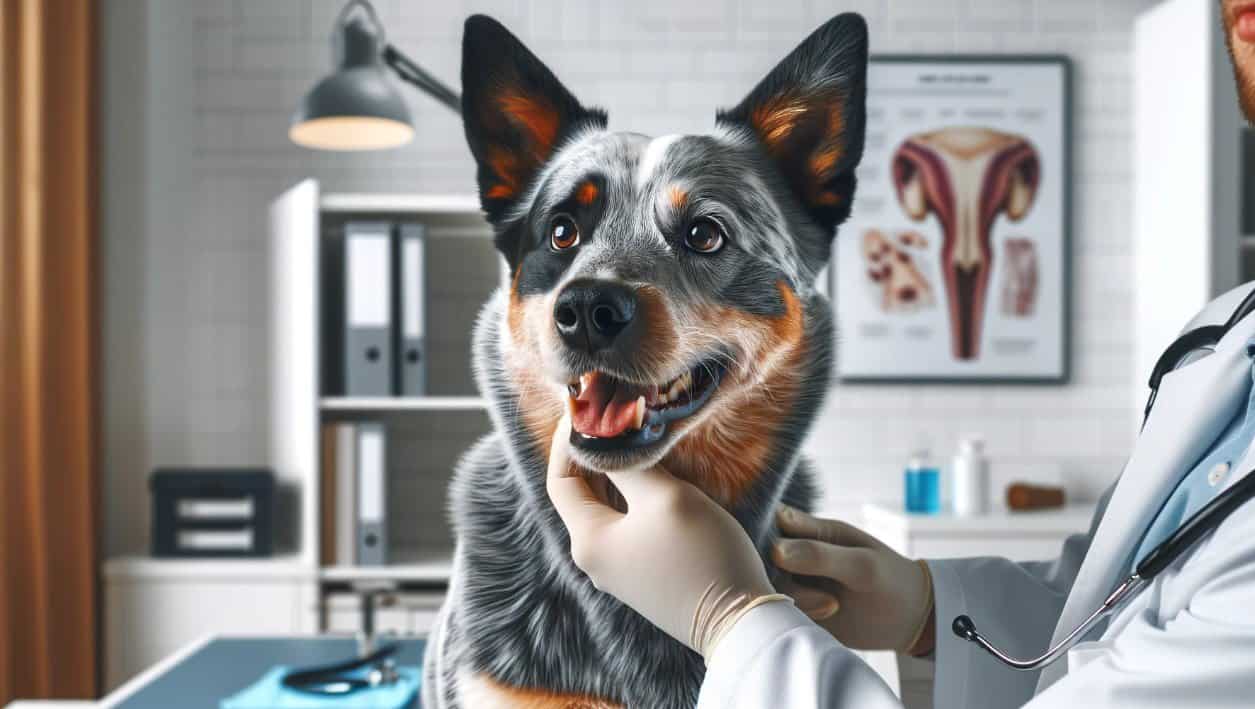
Signs of Dental Disease in Australian Stumpy Tail Cattle Dog
Your Australian Stumpy Tail Cattle Dog’s dental health is a crucial aspect of their overall well-being. Just like humans, dogs can suffer from dental diseases and oral health problems that can lead to severe discomfort and other health issues if not addressed promptly. So, how can you tell if your Australian Stumpy Tail Cattle Dog is suffering from dental disease? Let’s explore some tell-tale signs.
One of the most common signs of dental disease in dogs is bad breath. While it’s normal for your dog’s breath to have a certain odor, persistent bad breath can be a sign of underlying dental issues. If your Australian Stumpy Tail Cattle Dog has bad breath, it may be time for a dental check-up.
Another sign to look out for is difficulty eating. If your dog is showing reluctance to eat or is eating with difficulty, it may be because they are experiencing oral discomfort. A dog suffering from dental disease may also show signs of drooling, particularly if the drool is tinged with blood.
Physical changes in the dog’s mouth are also a clear indicator. Red, swollen, or bleeding gums, yellow or brown tartar on the teeth, or loose or missing teeth are all signs of dental disease. If you notice any of these symptoms, it’s essential to schedule a visit with your vet as soon as possible.
Changes in behavior can also signal dental issues. If your Australian Stumpy Tail Cattle Dog seems less playful or more irritable than usual, it might be due to dental discomfort. Similarly, pawing at the mouth or face is another sign that your dog might be experiencing oral pain.
Remember, the key to maintaining your Australian Stumpy Tail Cattle Dog’s dental health is regular check-ups and early detection. By keeping an eye out for these signs and ensuring your pet has regular dental cleanings, you can help prevent dental disease and keep your furry friend happy and healthy.
Common Dental Health Issues In Australian Stumpy Tail Cattle Dog
As a veterinarian, I often see a variety of dental health issues in Australian Stumpy Tail Cattle Dogs. These active and intelligent dogs are prone to certain oral health problems that can affect their overall well-being if not addressed promptly.
- Periodontal Disease: Just like in humans, plaque and tartar buildup can lead to periodontal disease in your Australian Stumpy Tail Cattle Dog. This is a common issue that can lead to bad breath, painful chewing, and even tooth loss if left untreated.
- Gingivitis: This is the early stage of periodontal disease, characterized by red, swollen gums. It’s often a result of poor dental hygiene and can progress to more serious conditions if not addressed.
- Broken Teeth: These dogs are known for their strong jaws and love for chewing, which can sometimes lead to broken or fractured teeth. This can be painful and might require veterinary attention.
- Oral Tumors: While not as common, oral tumors can occur in Australian Stumpy Tail Cattle Dogs. Regular dental check-ups can help in early detection and treatment.
Remember, Australian Stumpy Tail Cattle Dog dental health is an important aspect of their overall health. Regular veterinary check-ups, a good diet, and proper dental hygiene can go a long way in preventing these common dental issues.
When it comes to maintaining your Australian Stumpy Tail Cattle Dog’s dental health, conventional treatments play a crucial role. Two significant aspects of conventional dental health treatments include anesthetic dental cleanings and addressing potential individual health obstacles.

Anesthetic Dental Cleanings
Anesthetic dental cleanings are a common procedure used to ensure the oral health of your Australian Stumpy Tail Cattle Dog. This procedure involves a thorough cleaning and examination of your dog’s teeth and gums while they are under anesthesia. The anesthetic allows for a comprehensive cleaning without causing stress or discomfort to your dog. It also enables the vet to examine and treat any underlying dental issues such as tooth decay or gum disease.
However, it’s essential to remember that, like any procedure involving anesthesia, there are some risks involved. The vet will typically run a series of tests beforehand to ensure your dog is healthy enough for the procedure.
Potential Individual Health Obstacles
When considering dental treatments for your Australian Stumpy Tail Cattle Dog, it’s crucial to be aware of potential individual health obstacles that may impact the procedure. For instance, dogs with heart problems may face increased risk during any procedure involving anesthesia. Similarly, some dogs may have drug sensitivities that could impact the types of anesthesia or medication used during dental procedures.
Seizures can also be a concern, as some anesthetics can potentially trigger a seizure in dogs with a history of this condition. Additionally, the age of your dog can be a factor. Older dogs or those in extreme age may face increased risks or complications during dental procedures. Therefore, it’s crucial to discuss these potential individual health obstacles with your vet beforehand.
Overall, maintaining your Australian Stumpy Tail Cattle Dog’s dental health involves a blend of regular home care and professional treatments. Anesthetic dental cleanings can significantly contribute to your dog’s oral health, but it’s also vital to be aware of any potential health obstacles that could impact the procedure. By staying proactive and working closely with your vet, you can ensure that your Australian Stumpy Tail Cattle Dog maintains a healthy and happy smile.
Dr. Candy’s Holistic Approach To Oral & Dental Health
As a pet parent, you want the best for your Australian Stumpy Tail Cattle Dog, and that includes maintaining their dental health. I’m Dr. Candy, and I’m here to guide you through a holistic approach that focuses on diet and oral health specific probiotics to ensure your dog’s teeth stay healthy and strong.
Diet- Low Carbs, Avoid Added Sugars, Enzymes In Fresh Food
Firstly, let’s talk about diet. A diet low in carbohydrates is crucial for your dog’s dental health. Carbs break down into sugars which can lead to plaque buildup and tooth decay. By limiting carbs in your dog’s diet, you’re taking a proactive step towards preventing dental disease.
Next, avoid added sugars. Just like in humans, sugar can be detrimental to your dog’s dental health. It’s not always easy to spot, as it can be hidden in treats and even some dog foods. Always check the ingredients list and opt for products without added sugars.
Lastly, incorporate enzymes found in fresh food into your dog’s diet. These enzymes can help break down plaque and tartar, keeping your dog’s teeth clean. Fresh fruits and vegetables, like apples and carrots, can be great sources of these enzymes. But remember, moderation is key!
Oral Health Specific Probiotics
Probiotics are another important aspect of your dog’s dental health. They are beneficial bacteria that can help maintain a healthy balance in your dog’s mouth, preventing the overgrowth of harmful bacteria that can lead to dental disease.
I recommend Probiora for Dogs. It’s a targeted oral health probiotic that can help protect your dog’s teeth and gums. Simply add it to your dog’s food or water, and it will get to work promoting a healthier mouth.
Remember, a holistic approach to your Australian Stumpy Tail Cattle Dog’s dental health is about more than just brushing their teeth. It involves a combination of a balanced diet and the right supplements to ensure your dog’s mouth stays healthy. Every step you take in this direction is a step towards a happier, healthier life for your dog.
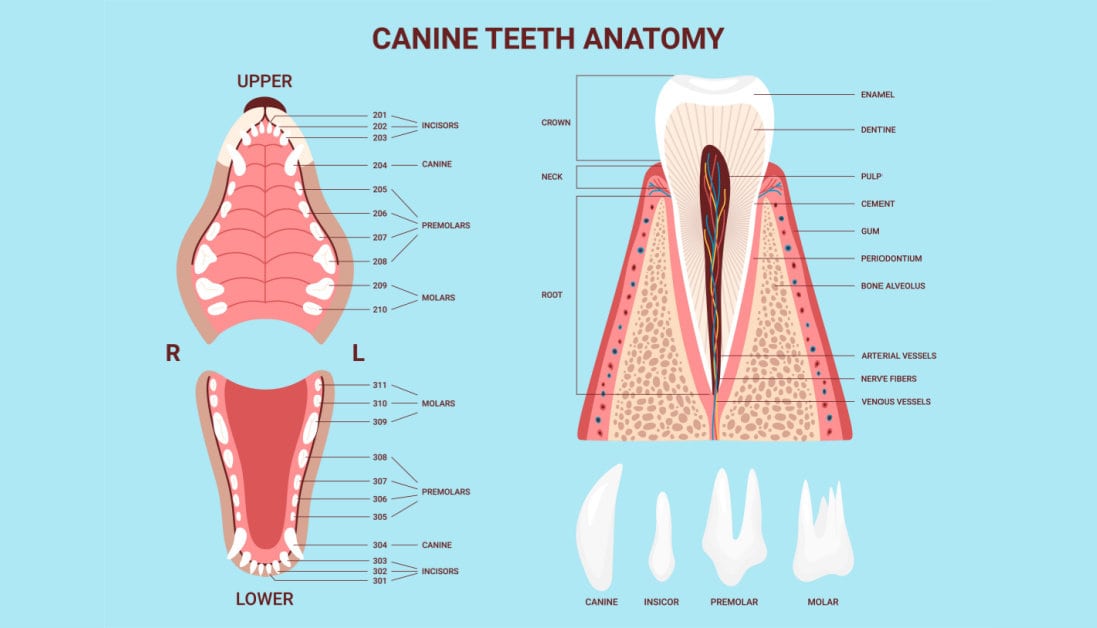
Recommended Dental Chews & Products For Australian Stumpy Tail Cattle Dog
The Failure of Commercially Promoted Dental Chews
While commercially promoted dental chews are typically marketed as a quick and easy solution to your Australian Stumpy Tail Cattle Dog’s dental health, the truth can often be quite disappointing. Many of these products contain a slew of unnecessary additives and sugars that can actually contribute to plaque buildup and tooth decay, rather than preventing it. Furthermore, these chews can be hard on your dog’s digestive system and can even harm the beneficial bacteria in their gut, especially when used in conjunction with drinking water additives. It’s a common misconception that these products are a one-stop solution for dental health, but in reality, they often fall short of their promises.
Dr. Candy’s Recommended Dental Chews & Products
Instead of reaching for commercially promoted dental chews, consider these more natural and beneficial alternatives. Dr. Candy recommends focusing on single source natural proteins like tendons, raw marrow bones, and bully sticks. These chews not only help to clean your dog’s teeth as they gnaw, but they also provide them with valuable nutrients.
Tendons
Tendons are a fantastic natural chew for your Australian Stumpy Tail Cattle Dog. They are tough and fibrous, which helps to scrape off plaque and tartar from your dog’s teeth. Plus, they are a good source of protein and collagen, promoting good joint health.
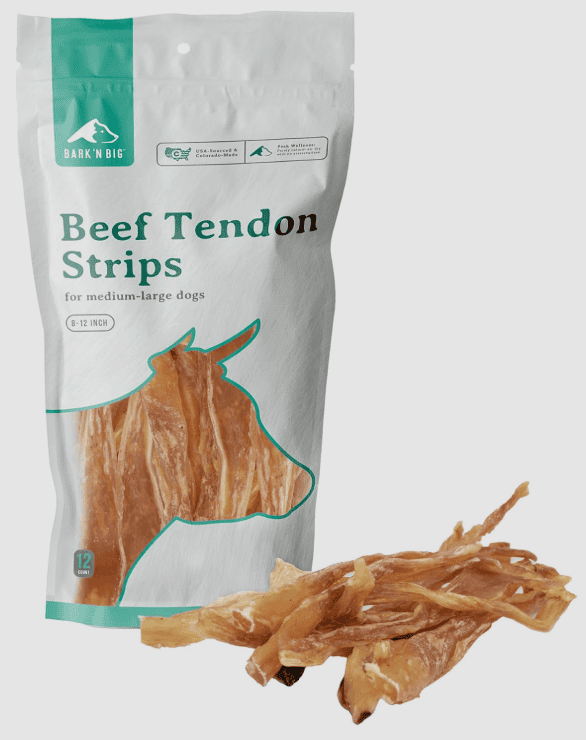
Raw Marrow Bones
Raw marrow bones are another excellent choice for maintaining your Australian Stumpy Tail Cattle Dog’s dental health. They are a natural source of calcium and phosphorus, which are essential for healthy teeth and bones. Furthermore, the act of gnawing on bones can help to clean your dog’s teeth and gums.
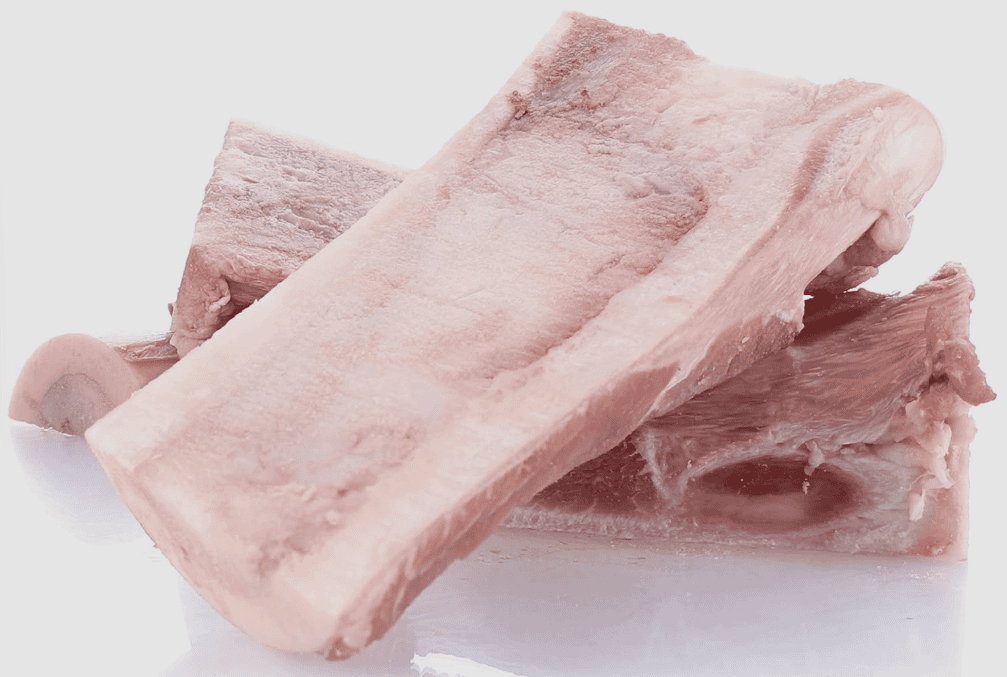
Bully Sticks
Bully sticks are made from 100% beef muscle, providing a natural and digestible chew for your Australian Stumpy Tail Cattle Dog. They can effectively remove plaque and tartar and are a good source of protein. However, always supervise your dog while they’re chewing on a bully stick to prevent any choking hazard.
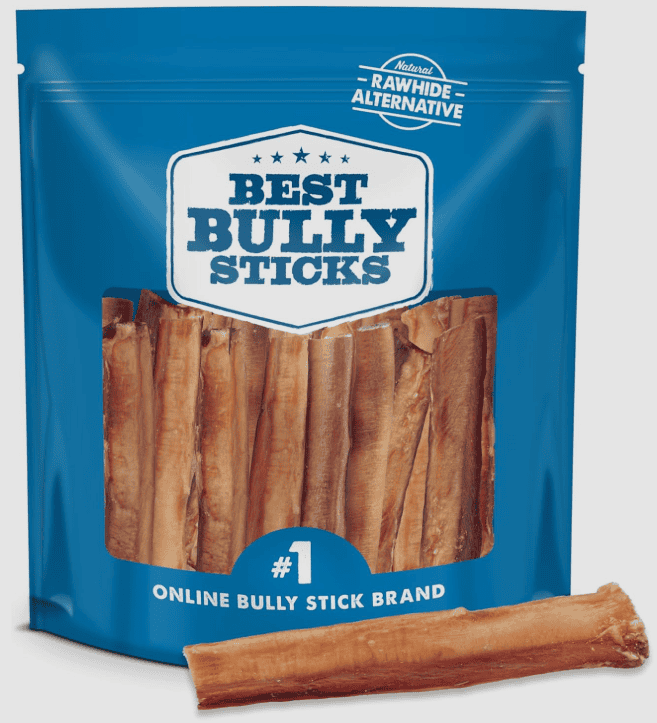
Remember, while these chews can significantly aid in maintaining your Australian Stumpy Tail Cattle Dog’s dental health, they are not a replacement for regular check-ups and professional cleanings. Also, always supervise your dog while they are enjoying their chew to avoid any potential choking hazards.
By choosing natural, beneficial chews and products, you’re not only helping to keep your dog’s teeth clean and healthy, but you’re also providing them with a tasty treat they’ll love. It’s a win-win for both of you!
Frequently Asked Questions
1. How can I improve my Australian Stumpy Tail Cattle Dog’s dental health?
Regular brushing with a dog-specific toothbrush and toothpaste is essential for maintaining good dental hygiene. Additionally, providing dental chews or toys designed to promote teeth cleaning can help reduce plaque and tartar buildup.
2. What are some signs of dental problems in Australian Stumpy Tail Cattle Dogs?
Common signs of dental issues include bad breath, swollen or bleeding gums, yellow or brown teeth, difficulty eating, pawing at the mouth, and excessive drooling. If you notice any of these signs, it’s important to consult a veterinarian.
3. Can I use human toothpaste to brush my dog’s teeth?
No, human toothpaste should never be used for dogs. It contains ingredients that can be harmful if swallowed by dogs. Always use toothpaste specifically formulated for dogs, which is safe for them to ingest.
4. How often should I schedule professional dental cleanings for my dog?
The frequency of professional dental cleanings depends on your dog’s individual needs and the recommendation of your veterinarian. Generally, dogs may require dental cleanings every 1-3 years, but some may need them more frequently.
5. Are there any specific dental treats or diets that can help with bad breath?
Yes, there are dental treats and diets available that are designed to improve breath odor in dogs. Look for products that have ingredients like chlorophyll, mint, or parsley, as these can help freshen your dog’s breath.
